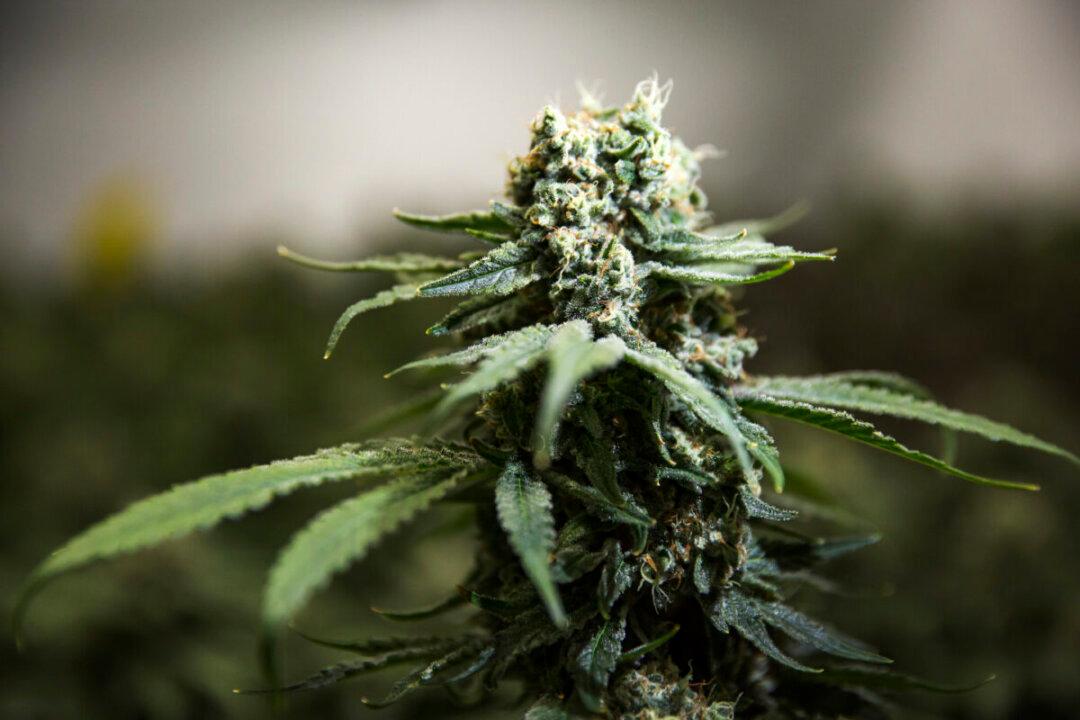The number of children hospitalized for accidental cannabis poisoning has grown since Parliament legalized the drug in 2018, according to federal records.
“Between January 2020 and September 2021 when the full range of cannabis products were accessible including edible cannabis the hospitalization rate among children in Alberta, British Columbia and Ontario was 7.5 times higher relative to the pre-legalization period,” said a memo written for a March 23 appearance at the Commons health committee by Mental Health and Addictions Minister Carolyn Bennett.





